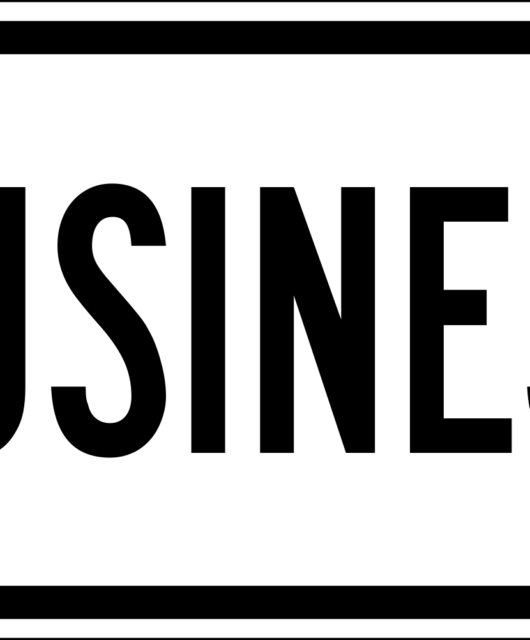How to Turn Your Hobby into a Profitable Business Venture
Just because your hobby is not something you get paid for right now doesn’t mean it can’t be. Many successful business owners have started out working in their home doing something they love, only to find that there is actually a market for what they are making. If you find yourself in a similar position, you may find yourself toying with the idea of turning your hobby into a legitimate business.
 However, if you don’t have previous business ownership experience, it can be difficult to take the leap. While it might seem intimidating and high-risk, no reward comes without taking a chance on yourself. And to help mitigate that risk, there are certain steps you can take to help you avoid common pitfalls.
However, if you don’t have previous business ownership experience, it can be difficult to take the leap. While it might seem intimidating and high-risk, no reward comes without taking a chance on yourself. And to help mitigate that risk, there are certain steps you can take to help you avoid common pitfalls.
To set yourself up for smooth sailing make sure these to-dos are on your checklist:
- Figure out logistics.
First things first, you need to think about how you’re going to make this goal a reality. To start formulating your plans and cover the most important bases in the process, ask yourself these questions:
- Will you do it full time or part time? (consider how it will play into your current work schedule)
- Who will help you? (if you’re going to hire anyone, use this free background check no credit card required)
- How much will you need to spend up front? (do you need materials, a website, etc.)
- How much will you charge for product or services? (think about how much you’d need to people to pay to offset your investment)
Once you have the answers, you can start putting an actionable plan in place to take your hobby to the next level.

- Set a budget.
Turning your hobby into a business operation typically requires some financial investment—whether it’s to set up your online store, create products to list, or get any certifications you need to work professionally. You should create a budget detailing all the potential expenses you’ll take on such as the cost of materials, labor, shipping, and more.
Once you have an idea of how much you need to spend to get your business up and running, you’ll have an idea of how much money you need available, how much financing you’ll need (if any), and how to set your pricing in order to turn a profit.
Budgeting might seem difficult if you haven’t created one before, but it can actually be fairly simple. You can use a budgeting app or simply put together a spreadsheet that lists all of your costs. Once you start selling, you will also want to track all of your income in order to establish a working budget that can be used to make business decisions.
- Put together a formal business plan.
Now that you have some of the basics covered, it is time to lay out a more formal business plan that will help you navigate the most important steps of business formation, and equally importantly, turning your hobby into a profitable business venture.
A proper plan can help guide you through the type of analysis you need to conduct in order to plan for various aspects that are imperative to success. Your business plan should cover:
- Your business profile (mission statement, objective, branding, etc.)
- Who your target market
- Whether there is demand for your product or service
- How you plan to market your business
- Specifics like where you plan to sell and what type of financing you need
- How you plan to phase business growth (introducing new offerings, hiring team members, etc.)
Think of this as your research and planning phase where you prepare yourself for making your first sale and becoming a legitimate operation.
- Start selling.
Now that you know what you’re going to sell, for how much, and where you’re going to sell it, you can start operating as a business. Once you start selling your products or services, make sure that you focus on creating a good brand reputation—nowadays, word of mouth is everything. Providing good customer service including fast shipping, quality product, and responsive communication, is one of the most important things for any successful business. As you grow your brand and customer base, you can start to turn a profit and evolve your business.
Taking your hobby from an activity you do in your garage to blow off steam to a business that pays the bills, takes work and dedication, but it is not impossible. Don’t get overwhelmed by these steps, take your time through the planning stage and it will pay off in the long run as your business flourishes and you are ready to take on all the challenges that come your way.









